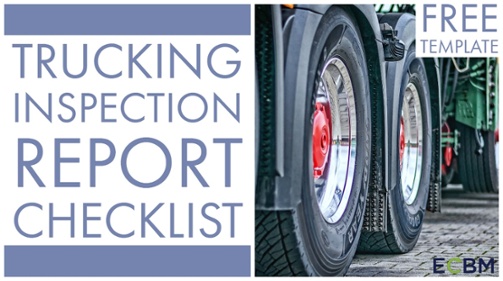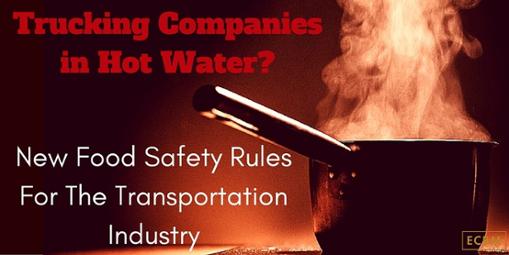
The classification of workers as independent contractors or employees continues to draw aggressive state action. These classifications can significantly impact a host of employment-related areas, but the reason why states involve themselves so much in these determinations often center around taxation issues. To this end, New Jersey recently updated its regulations to make it significantly harder for companies seeking an exemption from unemployment taxes to classify their workers as independent contractors, and it will have a big impact on trucking companies.
NJ Exemptions For Unemployment Tax
Under New Jersey law, a host of employment situations gain an exemption from the payment of unemployment tax. Examples include outside travel agents, nannies, a host of people compensated entirely by commission, and most importantly, owner-operators of motor vehicles weighing at least eighteen thousand pounds. To qualify for this exemption, New Jersey used to require either some form of decisive ruling on the issue by the IRS (through either a private letter ruling, an audit, or a determination letter ruling) finding that the owner operator qualified as an independent contractor, OR by providing evidence that the workers could meet the IRS’s 20 Factor Test for making independent contractor determinations.
The IRS 20 Factor Test
The IRS 20 Factor Test is, by itself, immensely complicated. It has its own hundred plus page manual, despite being presented as twenty yes or no questions. The test examines factors like who bears the risk of loss, who sets the conditions of employment (work hours and locations for example), reporting obligations of the workers, exclusivity, etc. By providing the State of New Jersey with evidence showing that the workers qualified as independent contractors using the 20 Factor Test, companies could avoid the need to obtain a ruling directly from the IRS.
NJ Has Updated Its Regulations
Now, however, New Jersey has updated its regulations and removed the reference to the 20 Factor test. This means that companies can only obtain the exemption from unemployment taxes for their owner-operators by obtaining a ruling from the IRS that the workers qualify. Obtaining a private letter ruling from the IRS can be expensive and time-consuming and no one wants to go through an IRS audit if they can help it.
Specific Concerns For The Trucking Industry
Moving forward, trucking companies contracting with eligible owner-operators will have to make serious cost benefit analyses in regards to applying for the exemption. Coinciding with the ruling of the California Supreme Court in the Dynamex case, these advances signal an increasingly rough legal landscape for the employment of owner-operators within the trucking industry. Companies will have to pay close attention to the classification of their workers in the various states in which they operate or risk getting hit with big legal bills, fines, audits, back wages, and a host of other issues.




